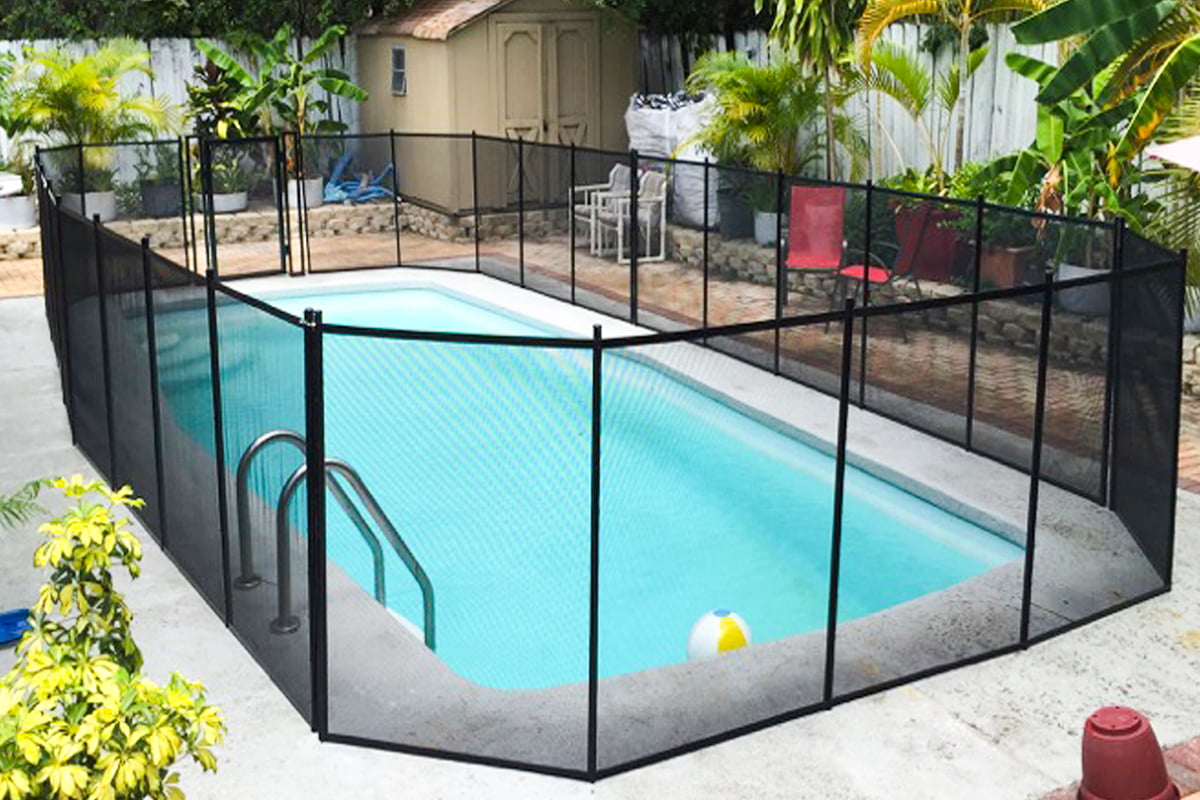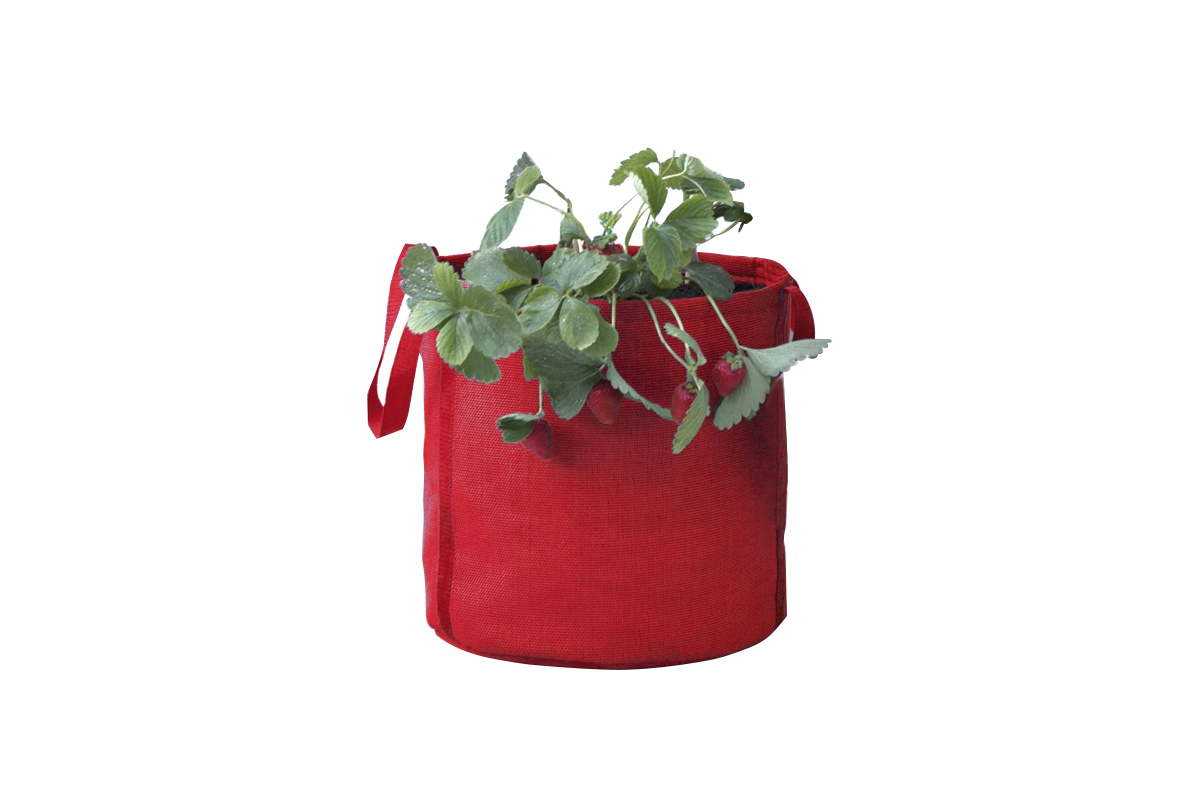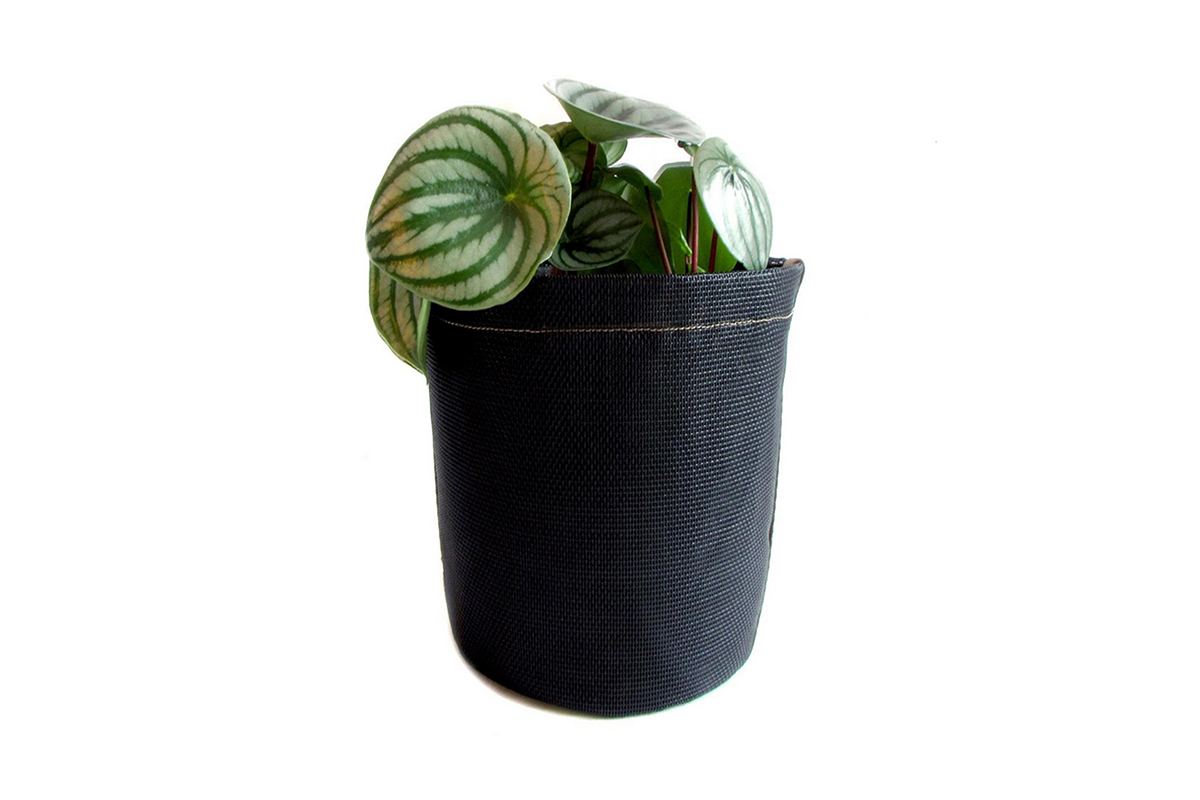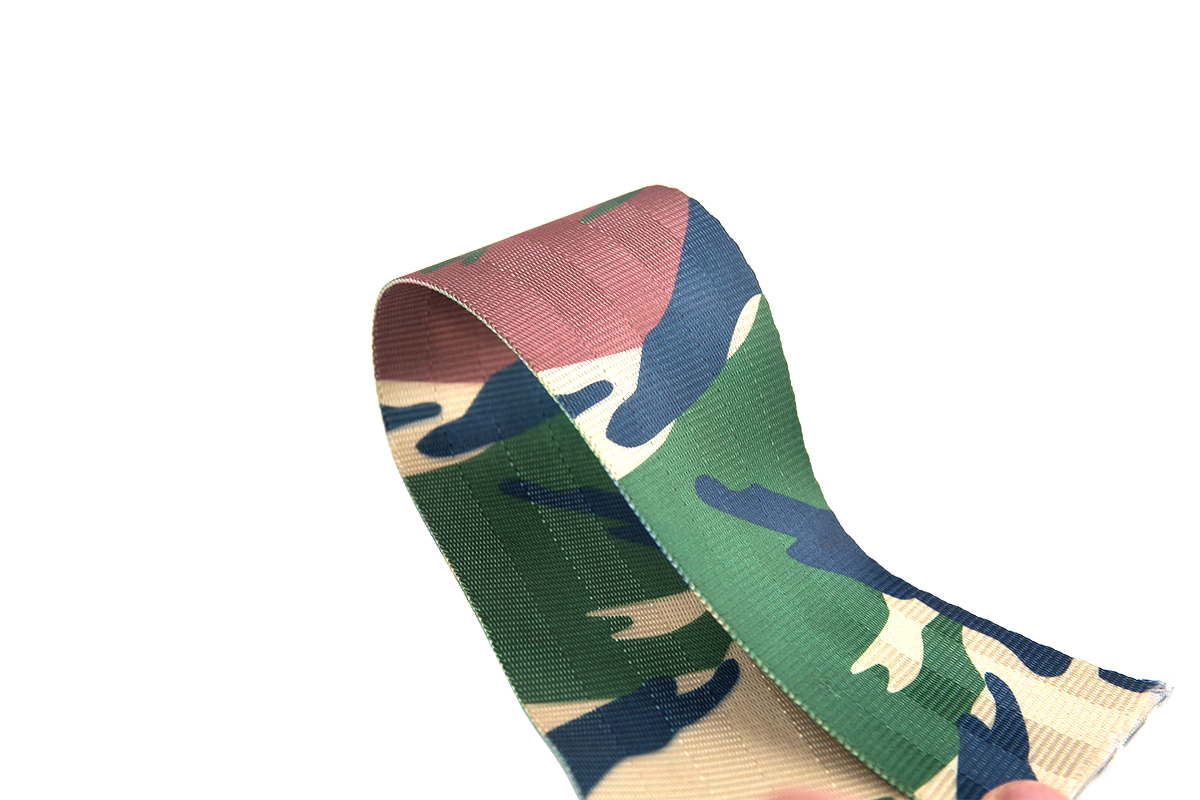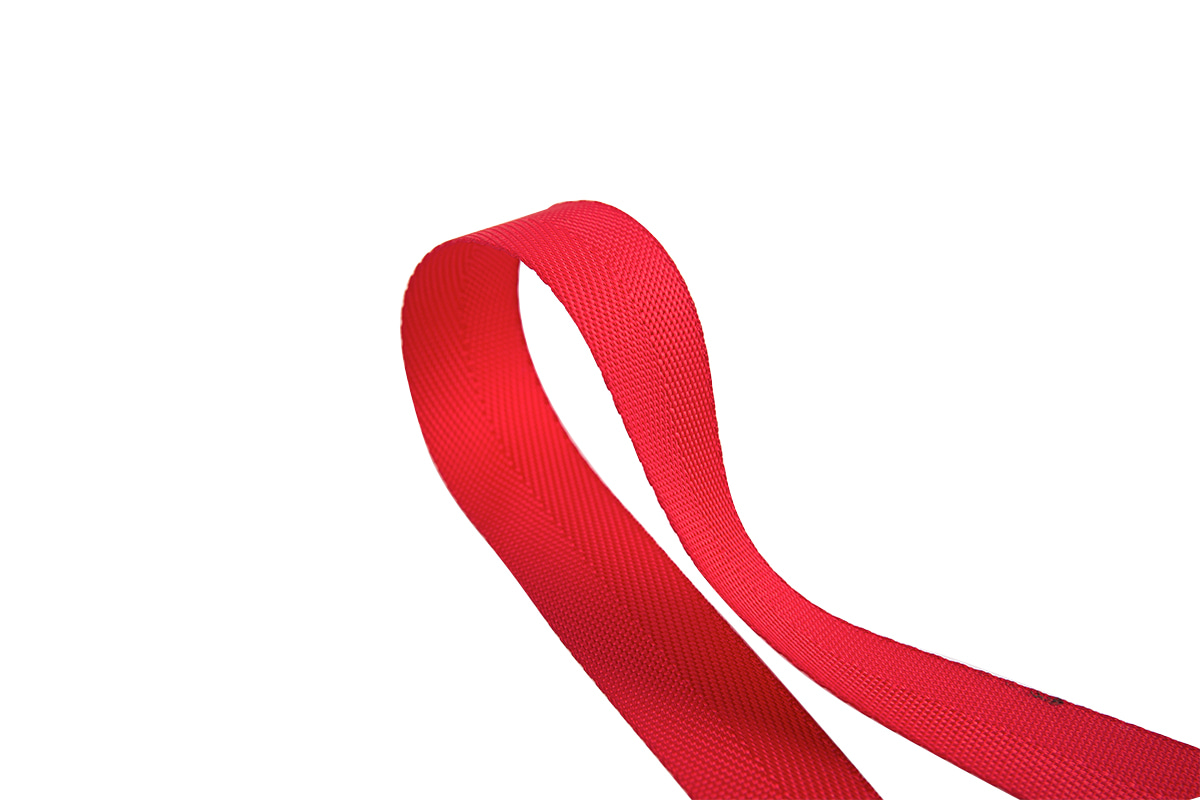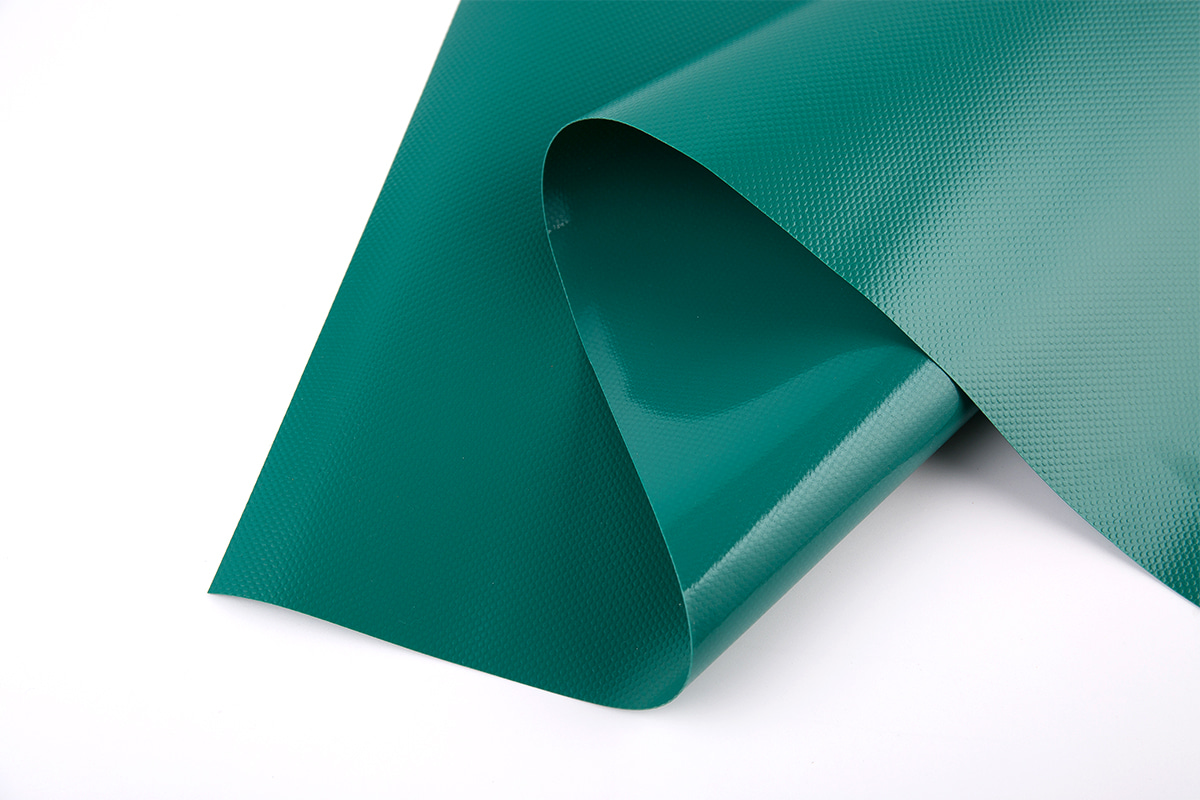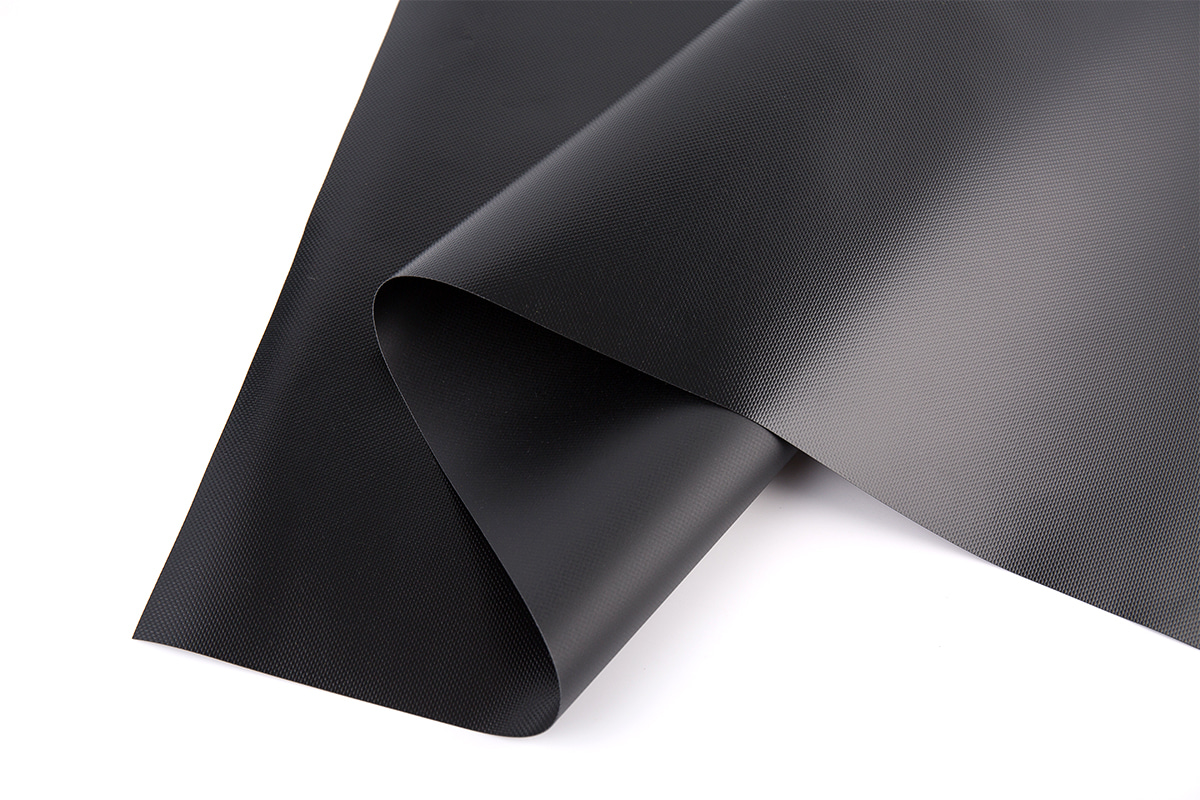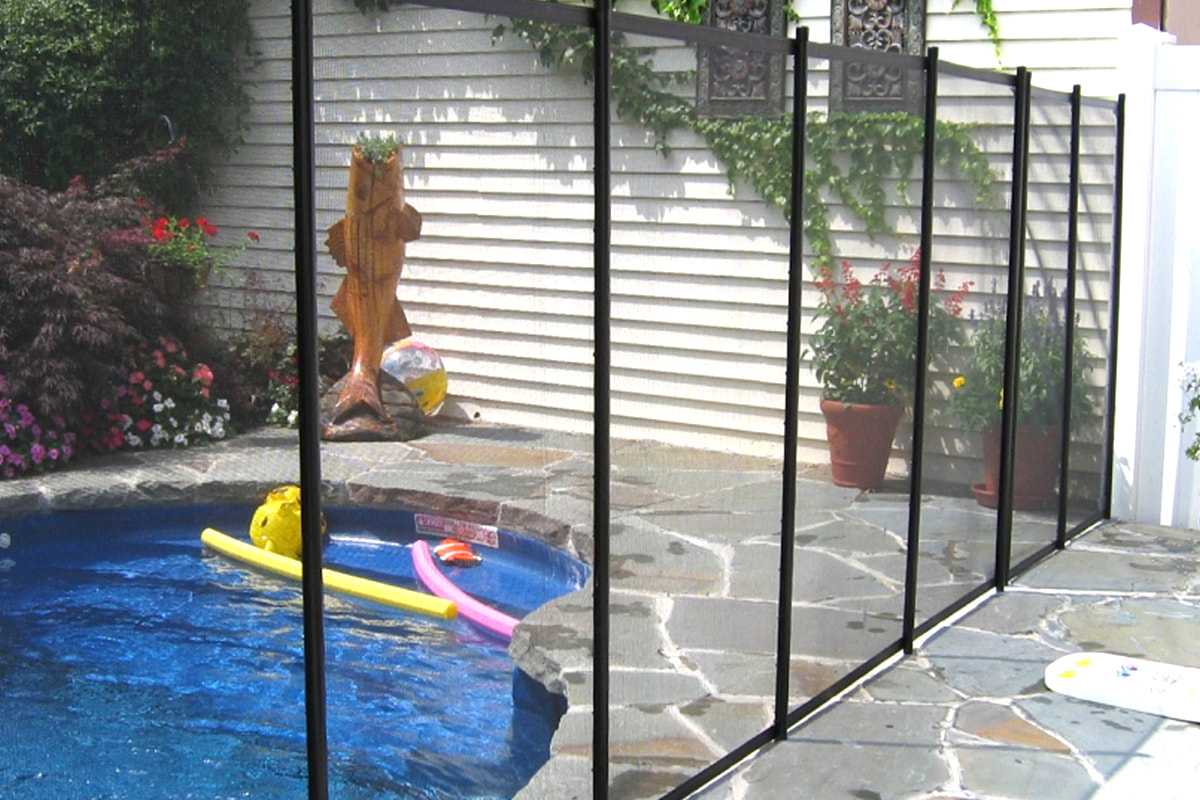PVC vinyl placemats and plastic weave placemats are popular choices for many households due to their durability, ease of maintenance, and stylish appearance. These types of placemats not only protect dining tables from spills and stains but also add a touch of elegance to the dining experience. However, to ensure their longevity and keep them looking fresh, proper maintenance is essential.
Understanding the Material
It's important to understand the material of your placemats. PVC vinyl placemats are made from a durable plastic material that is resistant to water, stains, and heat. Plastic weave placemats, on the other hand, are woven from plastic fibers, offering a textured and stylish look while still being easy to clean.
Regular Cleaning
Regular cleaning is key to maintaining the appearance and functionality of your PVC dining table mats and plastic weave placemats. For daily maintenance, simply wipe the surface with a damp cloth to remove any food particles or spills. This will prevent stains from setting in and keep the surface looking clean.
Deep Cleaning
For a deeper clean, you can wash your PVC vinyl placemats and plastic weave placemats in warm soapy water. Use a mild detergent and gently scrub the surface with a soft brush or sponge. Be sure not to use abrasive cleaners or tools that could damage the material. After washing, rinse thoroughly to remove any soap residue and allow the placemats to air dry.
### Avoiding Damage
To prolong the life of your PVC dining table mats and plastic weave placemats, avoid exposing them to sharp objects that could cause cuts or tears. Also, refrain from placing hot pots or pans directly on the placemats, as this could cause melting or deformation. Instead, use trivets or hot pads to protect the surface.
Storing Placemats
Proper storage is also crucial for maintaining the condition of your PVC vinyl placemats and plastic weave placemats. When not in use, store them in a cool, dry place away from direct sunlight, which can cause fading over time. If you need to fold them for storage, be gentle to avoid creases that could become permanent.
Dealing with Stains
If your PVC dining table mats or plastic weave placemats get stained, act quickly to prevent the stain from setting. Blot any liquid spills immediately with a clean cloth, and then clean the area with a mixture of warm water and mild detergent. For more stubborn stains, you may need to use a stain remover specifically designed for plastic materials, but always test on a small, inconspicuous area to ensure it doesn't damage the placemat.
Seasonal Care
Depending on the climate you live in, PVC vinyl placemats and plastic weave placemats may require different care during different seasons. In hot and sunny climates, be mindful of prolonged exposure to sunlight, which can cause the colors to fade. In colder climates, avoid exposing the placemats to cold, as this could make them brittle and more prone to cracking.
Using Placemat Protectors
To add an extra layer of protection to your PVC dining table mats and plastic weave placemats, consider using placemat protectors. These are thin, clear sheets that can be placed under the placemats to catch any spills or stains, making cleanup even easier.
Regular Rotation
To ensure even wear and tear, consider rotating your PVC vinyl placemats and plastic weave placemats regularly. This will help prevent any one placemat from showing signs of wear before the others and can also add a fresh look to your table setting.
By following these maintenance tips, you can extend the life of your PVC vinyl placemats and plastic weave placemats, ensuring they continue to provide both functionality and style to your dining table for years to come. Remember, a little care and attention can go a long way in preserving the quality and appearance of these versatile table accessories.

 en
en Español
Español